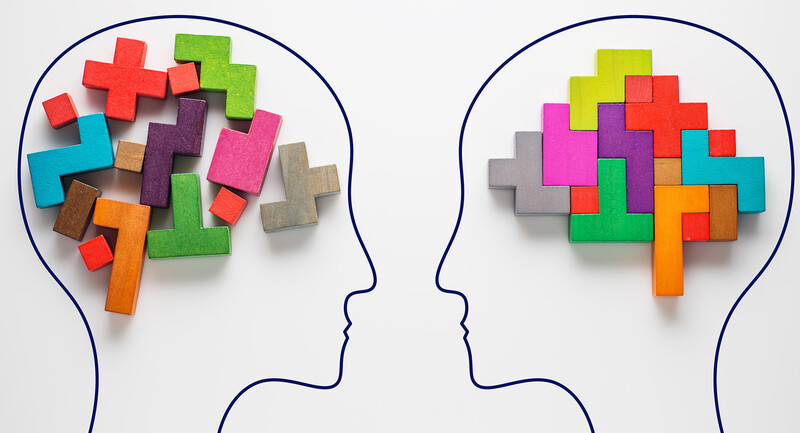Emotions are ever-present in our lives, shifting from moment-to-moment based on our thoughts, beliefs, and experiences. With so much arising, how should educators decide when it’s beneficial to express their emotions and when it’s better to suppress them? How much control does anyone really have over their emotional responses?
Quite a bit, it seems. A 2022 study by researchers at the University of Catania found that emotional agility is a skill that people can develop and improve, not a fixed trait. When a person has an emotional reaction, the researchers say, they face two choices: (1) expression (respond in a way that displays and even exaggerates the emotion they are feeling) or (2) suppression (respond in a way that conceals that emotion). While there isn’t one right way to respond to any situation, understanding that we have a choice in whether to express or suppress our emotional responses (a skill known as “expressive flexibility”) makes a difference.
To test people’s ability to toggle between expression and suppression, researchers used emotional intelligence assessments and the Flexible Regulation of Emotional Expression (FREE) Scale, a self-reporting tool developed by Charles Burton and George Bonanno that measures expressive flexibility. The scale asks participants to rate their ability (from “unable” to “very able”) to respond to scenarios based on whether they experience a mostly positive or a mostly negative emotion in that scenario and whether it would be best in that situation to express the emotion or to suppress it—and possibly show a more socially acceptable emotion.
For example, if your colleague gets a promotion and wants to talk about it, even if you are pleased but not excited about the news, you might choose to show more excitement than you actually feel to preserve harmony. If you get news about a relative’s death before an important meeting, you might choose to hide your sadness temporarily to focus on the work at hand. The scale measures how well one can adjust their reaction based on social context.
The researchers found that often expressing (or even enhancing) the emotions a person is really feeling is linked to well-being, emotionality, and sociability, while suppressing emotions is linked to self-control. In general, the researchers say, both abilities are valuable.









